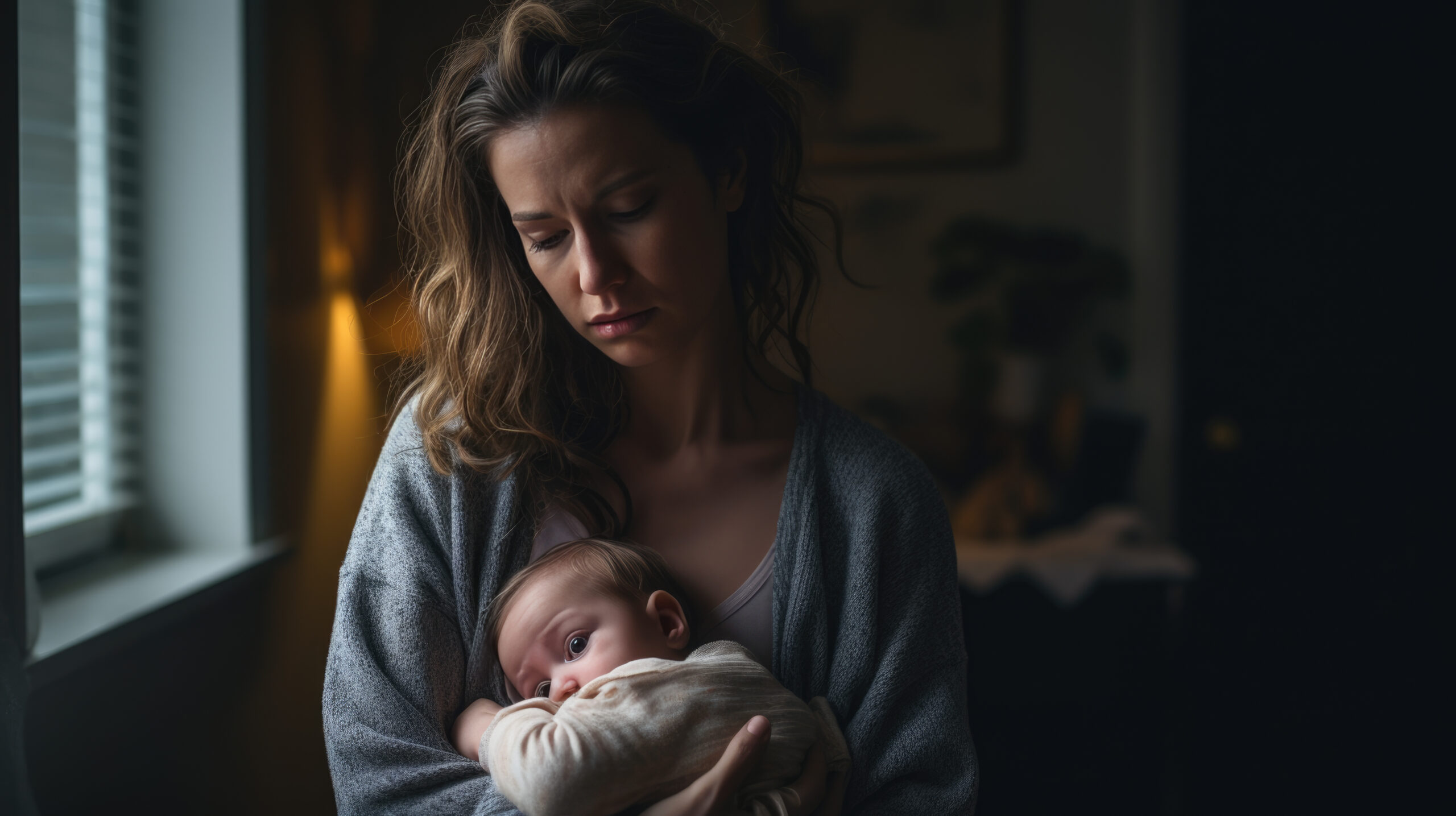latest
Half of perinatal depression cases undiagnosed, midwives say
Every trust should have at least one specialist perinatal mental health midwife, the RCM says
“Quite simply midwives need time to care and there needs to be more midwives to share the workload. We are not asking for the moon; we estimate that fewer than 350 additional specialist perinatal mental health midwives could bring about the results that we all want to see – and that women deserve.” Birte Harlev-Lam, executive director, Royal College of Midwives
Half of the cases of anxiety and depression among pregnant women and new mothers are undiagnosed, the Royal College of Midwives has said.
About 10-20% of women develop a mental illness during pregnancy or the first year after having a baby, the most common conditions being anxiety and depression. In a report published this week, the RCM said that mental health needs remain “secondary” to physical health needs of women during pregnancy in the NHS.
Birte Harlev-Lam, executive director of the RCM, said: “Midwives are telling us they have quite a short time with women. So although midwives are the health professional that women see the most during their pregnancy, and they see them face-to-face, they often have really short appointment slots – they might be 15 minutes or 20 minutes – and in that time they have to do a whole host of observations and checking on the mother and the baby, and so on.
“So the time to sit down and have a really honest conversation is quite limited. We do know time is definitely a pressure and of course that goes back to the shortage of staff that we see.”
She added: “The other thing we know is that midwives don’t always have the right education, or enough of the right education, to really have some of those in-depth conversations.
“Some 85% maternity units do have a perinatal mental health midwife who can support and advise all the other midwives, but actually they don’t all have a full-time perinatal mental health midwife. And of course, there’s the 15% who don’t have a perinatal mental health midwife at all.
“So the support for the midwives who sit in front of the women and have those conversations is not … always there.”
Barriers to care
The report also says that for women experiencing mental ill-health, there are barriers that prevent them from accessing care. These include “variation in availability of service, care, and treatment. These are often worsened by cultural stigma, previous trauma, deprivation, and discrimination.” It estimates that about 70% of women are either hiding or underplaying the severity of their mental health problems. This shows that the “societal expectation” of the passage to parenthood “can be very different to the reality”, the report’s authors say.
About 15% of maternity units do not have specialist perinatal mental health midwives, the report notes, and that where these specialists are available they are sometimes being used to cover staff shortages elsewhere. The solution was to increase the number of mental health midwives, Harlev-Lam said: “Quite simply midwives need time to care and there needs to be more midwives to share the workload. We are not asking for the moon; we estimate that fewer than 350 additional specialist perinatal mental health midwives could bring about the results that we all want to see – and that women deserve.”
The report also calls for all health workers in contact with pregnant women and new mothers to have annual mental health training, and for every NHS trust or health board to have at least one specialist midwife.
An NHS England spokesperson said: “Women across England are benefiting from specialist perinatal mental health support with an estimated 51,000 new mums treated over the last year – up nearly 60% compared to two years ago – with every local health system now having access to a specialist community perinatal mental health team.
“The NHS Long Term Workforce Plan commits to increasing the maternity workforce, and perinatal mental health services continue to expand including new services for women experiencing mental health difficulties arising from trauma or loss in the perinatal period.”
FCC Insight
About 600,000 women give birth every year in the UK, and at least 10% experience mental health problems postnatally – roughly 60,000 women. Although postnatal depression is screened for, not all cases are picked up, partly because some women are reluctant to be open about their symptoms, and partly because GPs, midwives and health visitors are too stretched to take the time to ask sensitively about a woman’s mental health. As well as supporting the RCM’s call for more specialist perinatal midwives, we believe that if mental health parity is to have parity with physical health, then we need all the health professionals involved in a woman’s care, including GPs, to be trained to observe signs of anxiety, depression and other mental health difficulties.
